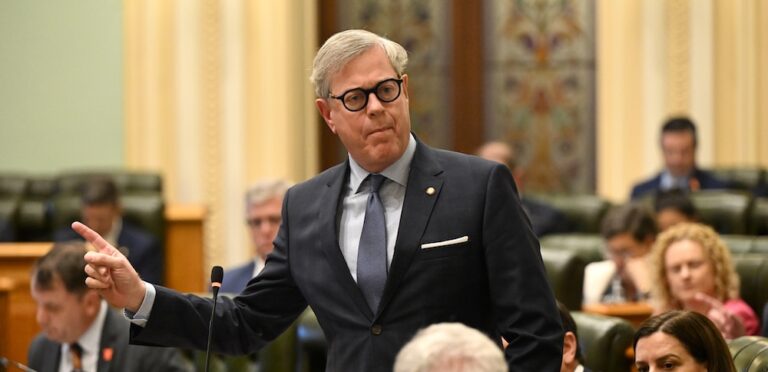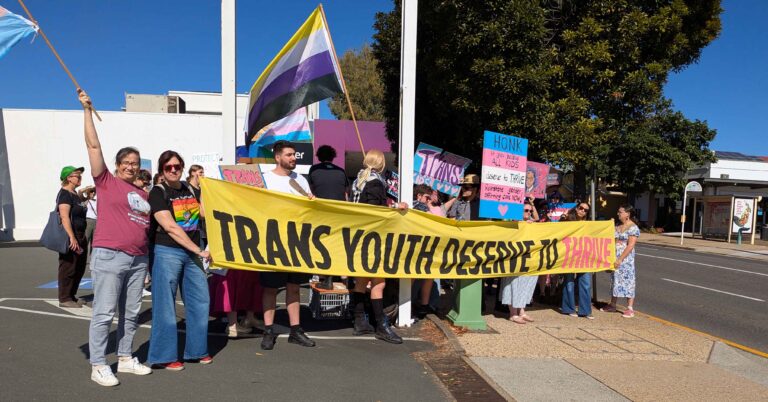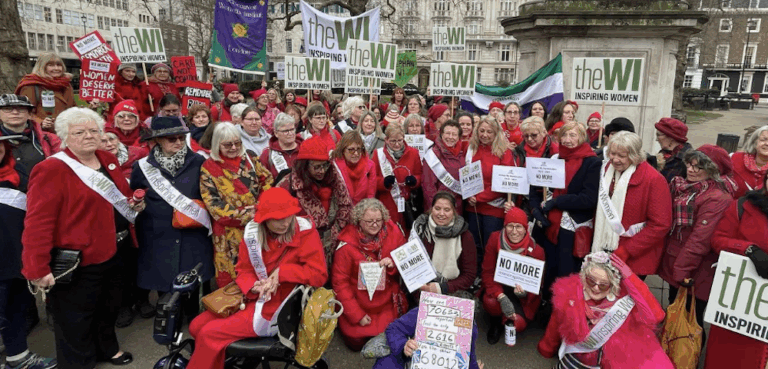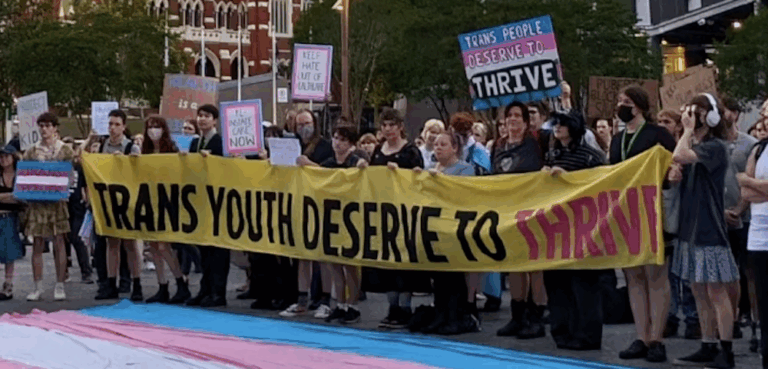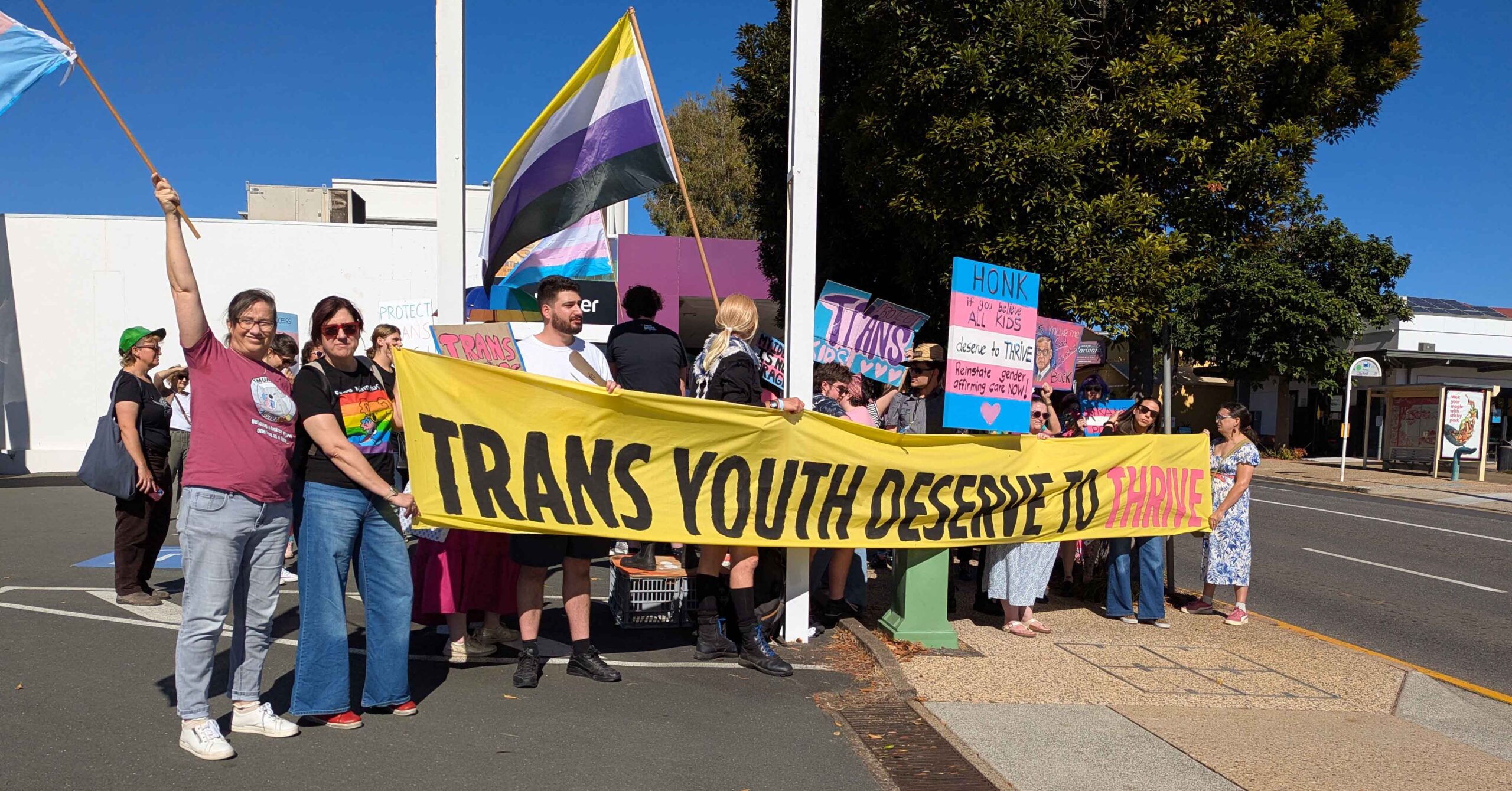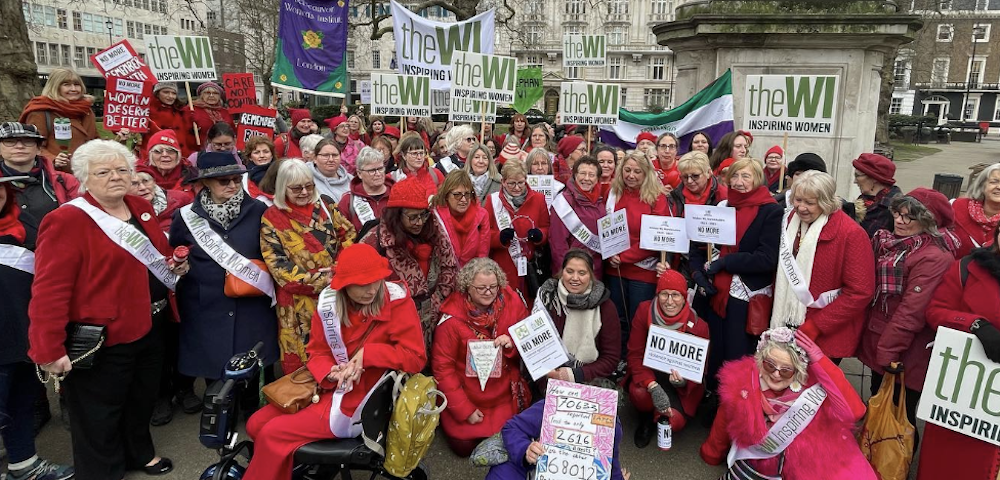
Indian politicians promise to amend trans rights bill in response to LGBTI protests
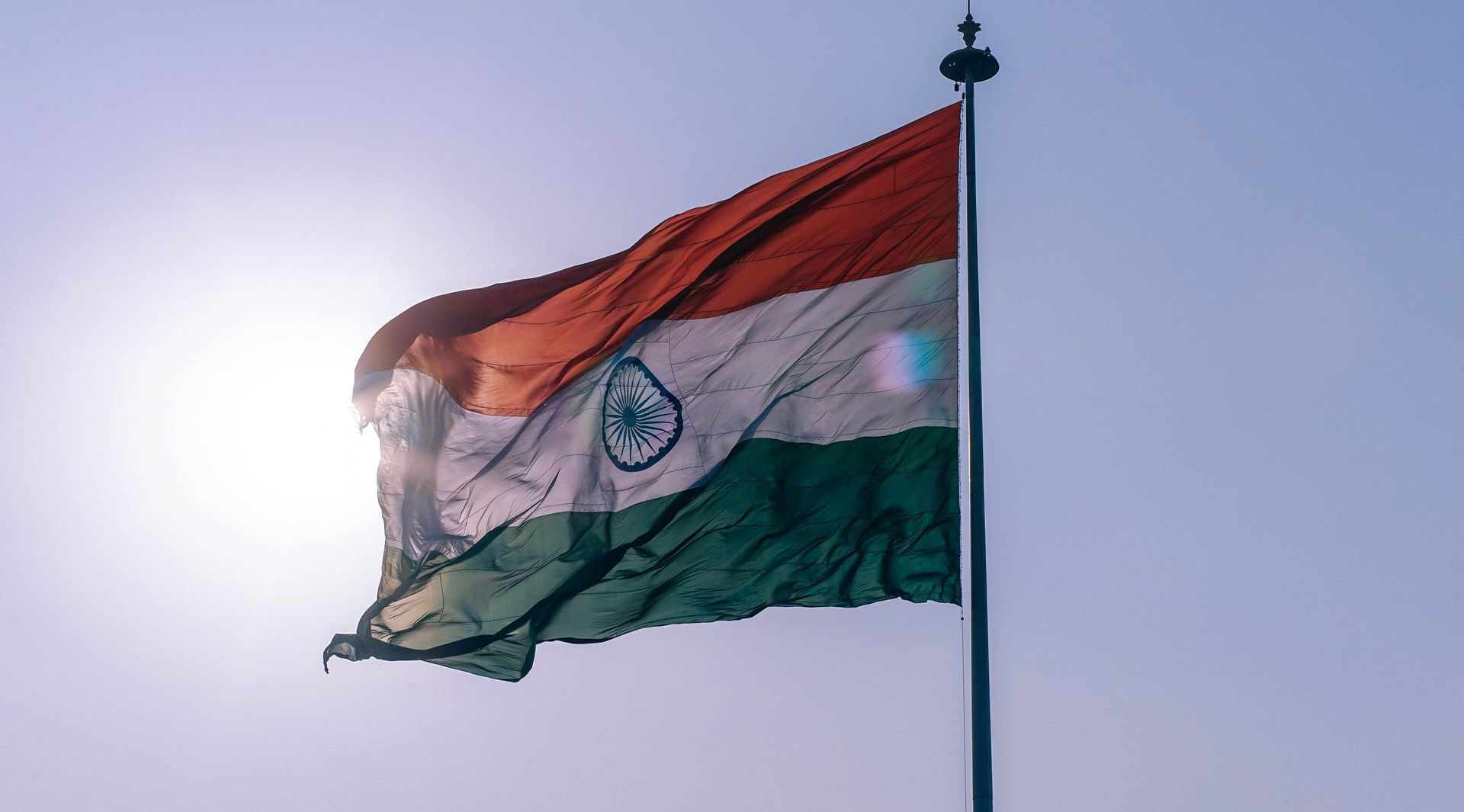
Members of the Parliament of India’s Rajya Sabha (upper house) have promised the Transgender Persons (Protection of Rights) Bill 2018 will not pass in its current form after protests from the LGBTI community last week.
The bill, which passed the Lok Sabha (lower house) on 17 December, claims to provide protections to India’s transgender people but it has been widely criticised for being written without consultation with the trans community, according to News18.
If passed the legislation would require trans people to undergo “screening” tests in order to affirm their identity, decrease sentencing for anti-transgender violence, restrict the definition of family to those “related by blood or marriage or by adoption made in accordance with law”, and criminalise begging.
“The entire Bill is problematic. Gender self-determination has been done away with, begging has been criminalised and there is no recognition of a person’s choice of family in cases where their own family disowns them,” an LGBTI activist named Chand told The Hindu.
Protesters were also critical of the Trafficking of Persons (Prevention, Protection and Rehabilitation) Bill 2018, which fails to differentiate between voluntary sex works and trafficking. Begging and sex work are often seen as some of the only viable sources of income for transgender people in India, who face discrimination in other lines of work.
“The government has criminalised begging, but many of us have no other option. Neither do people want to employ us nor is the government making provisions for us to be educated and employed,” another activist Vicky Shinde said.
Members of the trans community often must flee their family homes due to mental and physical abuse, seeking refuge in gharanas, transgender communities. The legislation would require trans people stay with their abusive families or go to rehabilitation homes instead, where they could potentially be met with the same kinds of abuse and discrimination.
“I knew I was male when I was in the second grade. I liked male things,” Saransh Pathak, a trans man, told News18.
“It’s been ten years since I’ve been trying to explain it to my family. It became very difficult to live at home. I have had to stay away for some time. They thought this was a phase but it wasn’t, I couldn’t tell them that.”
Earlier this year India’s Supreme Court decriminalised homosexuality, striking down Section 377, a colonial-era law which categorised gay sex as an “unnatural offence”. Transgender journalist Christy Raj claimed the Transgender Bill was passed in response to the decision.
“The Bill is being used to make up for Section 377. You gave us freedom and now you are trapping us and eventually want to kill us,” she told The Indian Express.
34 student LGBTI groups from universities across the nation showed their support for the protests, signing a group statement condemning the bill and conducting their own talks, discussions, and rallies on campuses, The New Indian Express reported.
“It is contrary to the Supreme Court NALSA verdict and violates the right to identity and basic constitutional rights, encodes discrimination, offers no reservations while criminalizing transgender community traditional livelihood of begging,” the statement read.
The ‘Supreme Court NALSA verdict’ refers to a 2014 ruling that transgender people have the constitutional right to self-identify as male, female, or transgender without medical intervention.
“Each person’s self-defined sexual orientation and gender identity is integral to their personality and no one shall be forced to undergo medical procedures, including SRS, sterilisation or hormonal therapy, as a requirement for legal recognition of their gender identity,” the Supreme Court said.
Indian National Congress’ Rajeev Gowda, a member of Rajya Sabha, called the bill a “massive injustice”, according to the National Herald.
“We saw that without much discussion a bill was passed in Lok Sabha. The bill which claims to protecting the rights of the transgender community is actually doing the exact opposite,” he said.
“When it comes to Rajya Sabha, there is a whole group of us gathered across party lines who will send it to select committee. That will give us a chance to sit with it, to work on improving it and to counter all the negativity infused by the government into the bill.”
Members representing the Dravia Munnetra Kazhagam and Communist Party of India (Marxist) parties also showed their support for the transgender community, vowing to stop the current legislation becoming law.
“The movement carried out by the community against the bill is very good and transgenders are loved in Bengal,” said another member, Derek O’Brien, of the All India Trinamool Congress (TMC).
“My message is that don’t worry, TMC is the third-largest party in Rajya Sabha and 47 MPs from the party promise that the bill will not be passed in Rajya Sabha. We also have support from other parties. This bill will go to select committee.”

